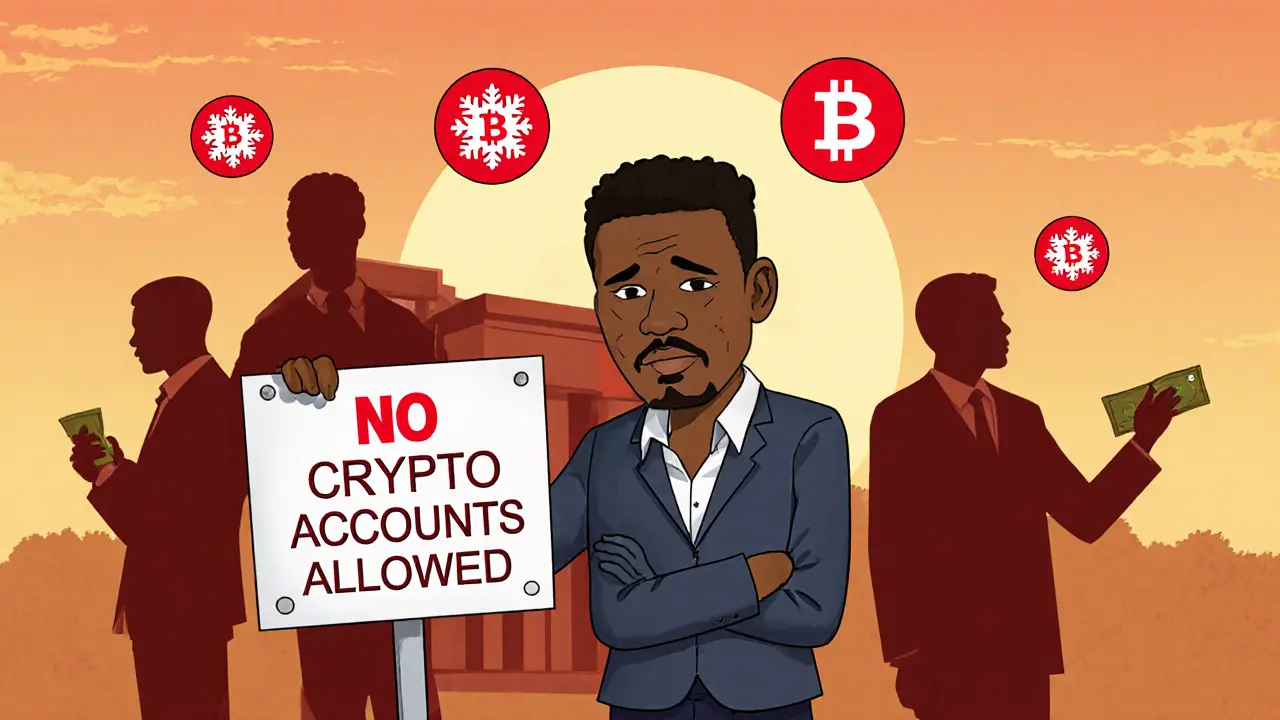Crypto and Banks: How Blockchain Is Changing Finance
When we talk about crypto and banks, the growing tension and occasional collaboration between decentralized digital currencies and traditional financial institutions. Also known as digital finance vs legacy banking, it's not just about technology—it’s about control, trust, and who gets to decide how money moves. For years, banks saw crypto as a threat. Now, many are building their own blockchain tools, partnering with crypto firms, or quietly letting customers deposit Bitcoin. But the fight isn’t over.
One big reason? crypto exchanges, platforms where people buy, sell, and store digital assets like Bitcoin or Ethereum. Also known as crypto trading platforms, they’re the bridge between regular users and the blockchain. But without clear rules, they become risky. That’s why regulators are stepping in. Places like the EU with MiCA, the U.S. with FinCEN, and Germany with BaFin now require exchanges to verify users, track transactions, and report suspicious activity. This isn’t just red tape—it’s a shift in power. Banks used to be the only gatekeepers. Now, if an exchange doesn’t follow the rules, it gets shut down. And users? They’re caught in the middle.
blockchain compliance, the set of rules and systems that ensure crypto activities follow national and international laws. Also known as crypto AML, it’s what makes or breaks a platform’s survival. Think of it like a license to operate. If you’re an Iranian trader trying to use Uniswap, you’re bypassing OFAC sanctions. If you’re a German user on a licensed exchange, you’re following BaFin’s rules. Same tech. Totally different legal outcomes. And it’s not just about countries. Even banks now use blockchain analytics to flag crypto transfers over $3,000—thanks to the Travel Rule. That’s right: your crypto transaction can get flagged by your bank, even if you never set foot in one.
So what does this mean for you? If you’re holding crypto, you’re not just betting on price. You’re betting on whether governments will let crypto live outside the old system—or force it to bend to it. Some exchanges, like KickEX and KoinBay, are hiding behind low fees and flashy claims. Others, like ZG.com or Germany’s licensed platforms, play by the rules. And that’s the real difference: safety vs speed. You can’t have both forever.
The posts below dive into exactly this. You’ll find reviews of exchanges caught between crypto freedom and bank rules, deep dives into how Iran and India are fighting for access, and breakdowns of sanctions, compliance, and what happens when banks say no. There’s no fluff. Just facts about who’s allowed to trade, who’s blocked, and why your wallet might get frozen tomorrow—even if you did nothing wrong.

3
Nov
Banking access for crypto traders varies wildly by country in 2025. Some nations block it entirely, while others like Liechtenstein and Germany offer clear pathways. Learn where you can bank legally-and where you’re on your own.
Read More
